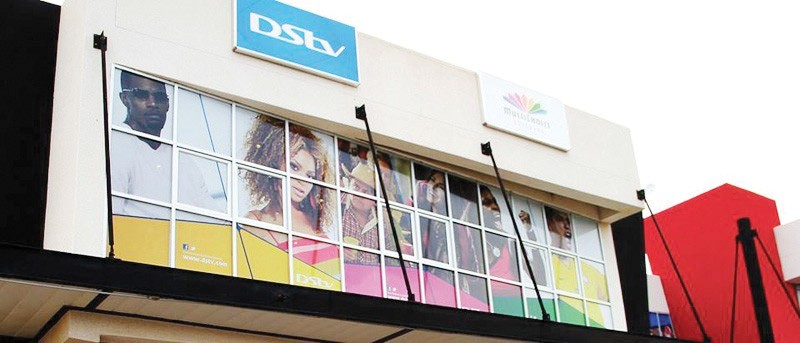Multichoice Wins Last Round
Goitsemodimo Kaelo | Monday February 11, 2019 14:26


Now, local DStv subscribers could feel the pinch, as Multichoice will need no approval from BOCRA if it wishes to increase subscription fees.
This comes after the Court of Appeal (CoA) upheld Multichoice’s appeal with costs and consequently set aside the High Court order that forced it to submit to regulation in Botswana.
Multichoice had at some point threatened to leave the country after High Court judge Tshepo Motswagole ruled last year that Multichoice, and its DStv service, should apply to BOCRA for approval every time they wish to increase their tariffs. However, the pay-TV giant cooled off and appealed Motswagole’s decision.
On Friday, CoA justices Jacobus Brand, Singh Walia and Zibani Makhwade were all in agreement that BOCRA cannot regulate the conduct of Multichoice Africa through the conditions imposed on the licence of Multichoice Botswana.
When delivering the judgement, Brand set aside the order of the High Court and replaced it with an order reviewing and setting aside clause 13 of Multichoice Botswana’s licence. Clause 13 of the licence BOCRA granted to MultiChoice Botswana allows it to operate as a subscription service manager in Botswana and adhere to tariff regulation.
He also dismissed BOCRA’s counter application which was seeking to revoke the licence granted to Multichoice Botswana on June 2017 and directed BOCRA to pay the costs of the High Court proceedings, including the costs of two counsel.
Justice Brand said that Multichoice Botswana and Multichoice Africa are separate legal entities even though they operate economically as one.
He stated that Multichoice Botswana does not control the content or the tariff of the DStv service and as such cannot compel Multichoice Africa to comply with clause 13 and as such cannot be exposed to the risk of enforcement proceedings against it for failure to comply with the conditions which were invalidly imposed.
“As to the relief sought in the main, it is clear to me that in principle clause 13 is severable from the remainder of the licence. It is clear that clause 13 operates independently from the other licence conditions.
Its excision would have no impact on the grammar or coherence of the remainder of the licence, as BOCRA does not say that the remaining conditions are insufficient to control the activities of Multichoice Botswana,” he said. Brand said Multichoice Botswana’s role comes in at the receiving end and even then in little more than an administrative capacity.
Multichoice had said that if it is forced to submit to regulation in Botswana, it may have to re-evaluate its relationship with MultiChoice Botswana or the provision of DStv service to subscribers in Botswana in order to preserve its commercial viability whilst BOCRA said that if it could not regulate MultiChoice’s tariffs, then the regulator’s existence was redundant.
